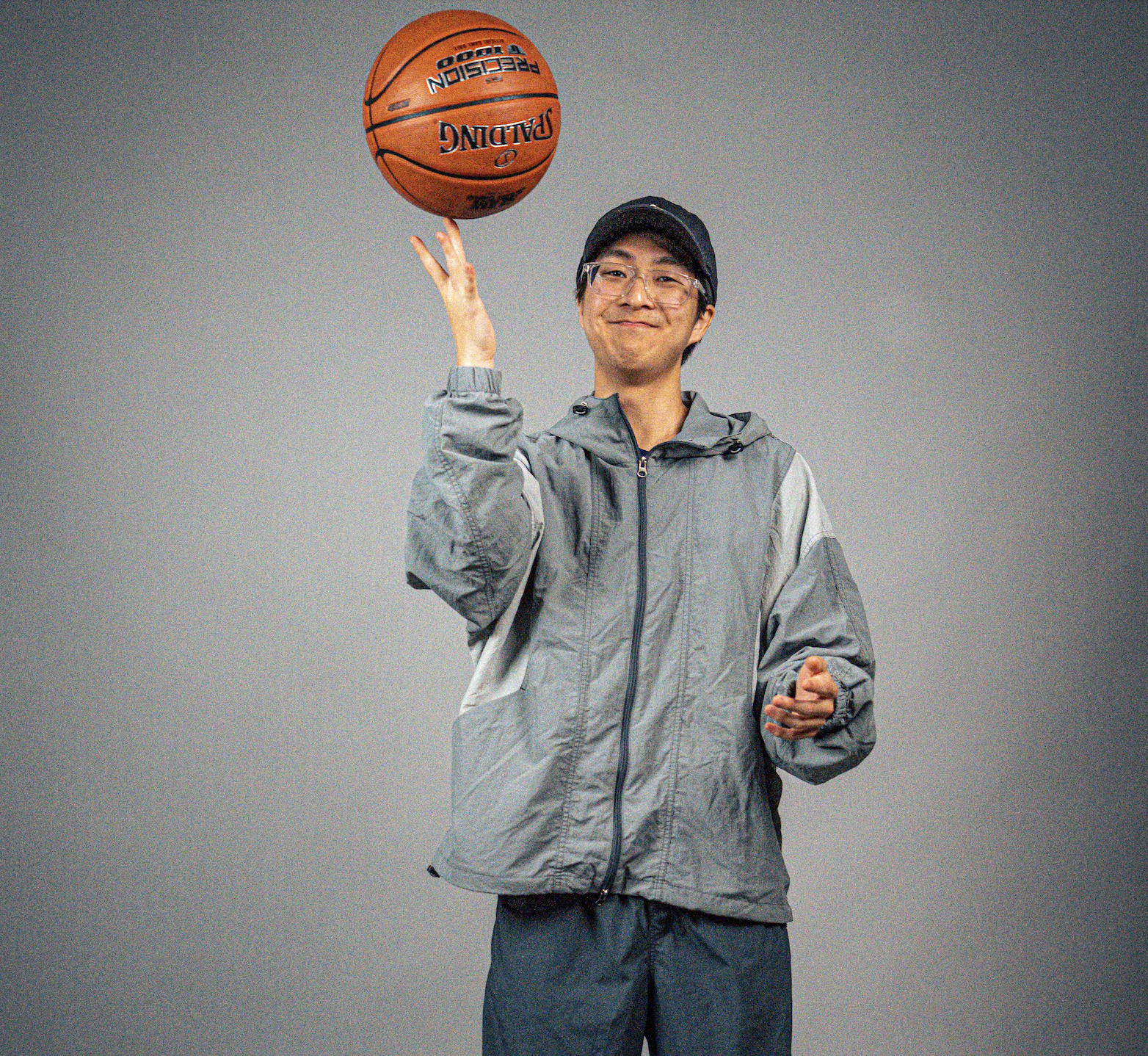A Slam-Dunk of an Internship
Joshua Lee
Internship Reflection - Summer 2024
 It’s daunting doing something for the first time; an editorial internship is no exception,
whether it’s being thrown into the fire and facing stricter deadlines or meeting a
whole group of new faces. But, looking back, I was extremely fortunate to be put in a situation where a warm,
inviting work environment eased and erased much of my presumptive, borderline-projective
stress. My supervisor—who, years prior, was also previously an editorial intern for the basketball
publication SLAM—advised me to ask as many questions as possible and to dip my toes
into the other aspects of the company, which I took full advantage of.
It’s daunting doing something for the first time; an editorial internship is no exception,
whether it’s being thrown into the fire and facing stricter deadlines or meeting a
whole group of new faces. But, looking back, I was extremely fortunate to be put in a situation where a warm,
inviting work environment eased and erased much of my presumptive, borderline-projective
stress. My supervisor—who, years prior, was also previously an editorial intern for the basketball
publication SLAM—advised me to ask as many questions as possible and to dip my toes
into the other aspects of the company, which I took full advantage of.
Unlike interning at the New York Times, the Washington Post, or Newsday, SLAM’s New York office, at its busiest, consists of around 35 people. So inevitably, since the business is split into so many different departments—such as editorial, brand partnerships, social media, etc.—you’re bound to work on different ventures, one way or another. Some of the most valuable things I’ve learned interning at SLAM revolved around facets outside the editorial department I was “confined” in, whether that’s trying to find and tap into “engaged” audiences—a.k.a., audiences that will not only give you clicks and interactions but are also able to be monetized—or learning additional skills with programs such as Adobe Photoshop or Premiere. I found myself frequently assisting SLAM’s social teams, which, ironically enough, is where I got to share my area of basketball expertise the most, whether that’s giving suggestions for post ideas or listing players/teams/etc. to fulfill a post’s prompt.
The irony continues when I tell you that my biggest hurdle is maintaining my writing style regarding topics somewhat “foreign” to me—which is what they hired me for. When someone hears “basketball,” most of the time, people’s minds will immediately think of the NBA, my area of expertise, and the occasional off-hand remark about college basketball. But there’s more to basketball than the NBA and collegiate level; there was a time not so long ago when streetball was a popular, uber-expressive branch of basketball with a rich, deeply cultural history of its own, and it also happens to be something I was quite uninformed about before my internship. So, not only was there a big learning curve in “well-rounding” my understanding of basketball beyond what happens in the NBA, but also learning to “love” it. And through my research and interviews with those who’ve lived through the late-’90s and early-’00s streetball phenomenon, I’ve grown to admire and respect streetball—and people’s attempts to revive the culture—as a canonical piece of basketball history.
Speaking of interviews, the last assignment I had to do for my internship was to interview and write a story about NBA rookie Carlton “Bub” Carrington III. (And his childhood roots in Baltimore and what it means playing for his home-state NBA team.) After days of research, brainstorming questions, and scheduling the interview with him and his agent, I sat face-to-face with him in a Google Meets call, facing another challenge in the process. (Outside, of course, the feeling of being a little starstruck.)
From my experience in journalism class(es), most interviews I’ve conducted were short-form and made for television broadcasting, trying to find those perfect ~30 seconds that epitomize and reinforce the story at hand. However, there’s less margin for error when the interview is inherently a semi-long-winding sit-and-talk for a semi-long-form story. Sometimes, those interviews can spark a sense of direction for how you want to structure everything—to create a narrative—and from personal experience, that means the interview/discussion can’t afford to falter its momentum. (And whenever it does, it’s hard to dig out of such a hole.) I approached much of the interview as a conversation—trying to understand/learn his interests and building the conversation from there—but also trying to pinpoint the right moments to segway into a question without the left turn feeling unmistakably abrupt. The interview wasn’t “perfect” per se, there were moments in the ~30-minute conversation where things started to stall, and that often meant pivoting to something else or asking him to be more specific, but looking back, I got the information I needed—and learned things about him + the NBA that I haven’t known beforehand—and that instilled a confidence in me that I hope to apply when my semester starts.
Honestly, I can’t believe it’s all over; those two-and-a-half months flew by, and the mere thought of potentially never seeing these people—whether that’s my supervisor or my fellow interns whom I’ve befriended—ever again saddens me a lot. But maybe that fleetingness makes it more necessary to cherish.
